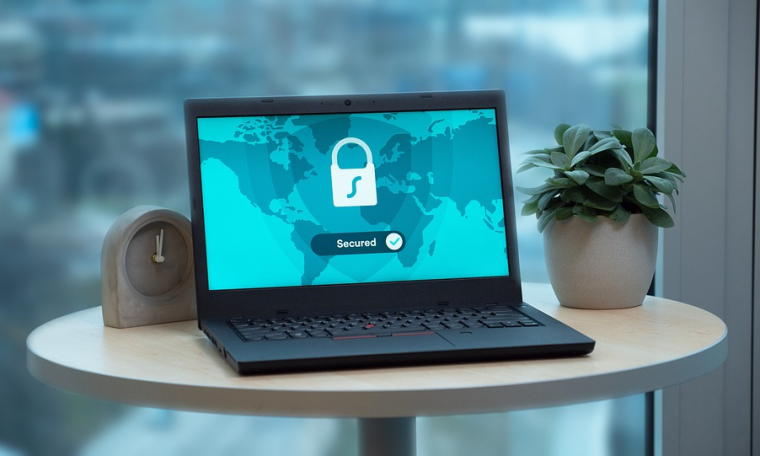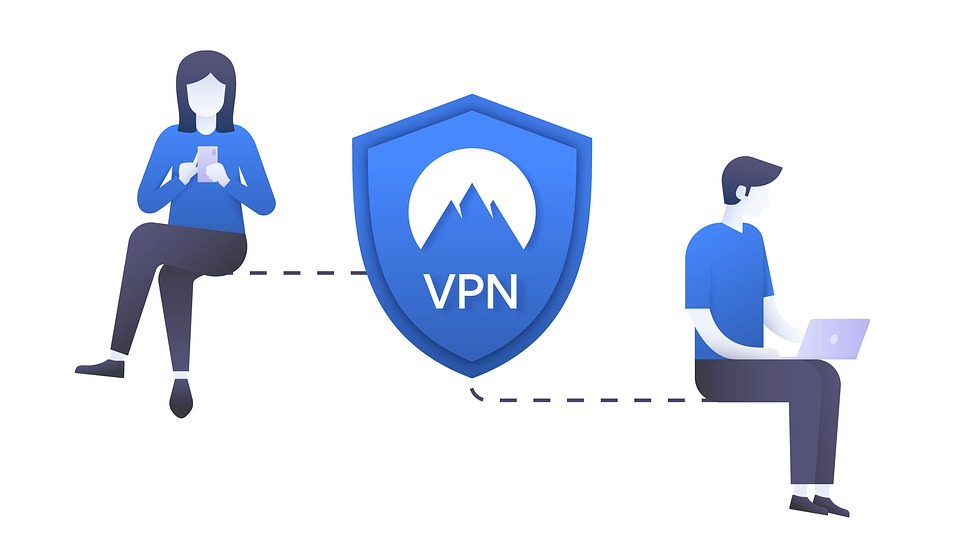
A virtual private network, or VPN, is an online method used to create a private, secure network connection. VPNs were mostly used by remote business connections over the Internet, as it allows the user to access data from their office or home servers securely even when they are miles away, but they are slowly but surely becoming the go-to method of staying safe online for anyone that is concerned with keeping their information private. Understanding how VPNs work is important if you’re interested in learning how to ensure your own online safety, so we’ve created a guide that anyone can use to help themselves!
1. Encryption
The first thing that the best VPNs will do for you is encrypt your data. Now, encryption isn’t a new thing – it’s been around since the internet began and has evolved over time to help keep our information safe. However, any good VPN guide has to include it since it’s the basis for using a VPN. Think of encryption as a secret code between two people – only those with the key can decode the message and read its contents. The encryption that the best VPNs use is incredibly difficult to crack, especially if it uses a form of 256-bit encryption, and it’s more than capable of keeping your data safe from prying eyes.
2. Tunneling
The next thing that you need to know about how VPNs work is that they use tunneling. What this means is that they create a protected path between two points – one point being your computer and the other point being your desired server location. If anyone were to try and access your data during its travels, all they would see is encrypted code that they could not decipher. This path is also protected by encryption, making it incredibly difficult to access. Once your data has been sent, the VPN encrypts it and encapsulates it into packets, then sends it into cyberspace. So what exactly does that mean?
- Data encapsulation – A virtual private network uses tunneling protocols to encapsulate your data so that it is turned into packets before being encrypted. The purpose of this is to increase security and privacy.
- Packet switching – Your data is split into these packets before being sent, each of which has routing information attached to them to help direct your data where it needs to go. This protocol was first developed by Paul Baran in the 1960s for military use.
Packet switching itself isn’t anything new – it’s just a way that different types of traffic are packaged together to form a coherent message. However, it’s important to think about the fact that every time you send any data over the internet, it will be encapsulated into packets before being sent on its way. The best VPNs are able to direct your data by appending routing information onto each packet’s header, which helps deliver your data where it needs to go.
3. X.509 Certificates
The third thing that you need to know about how VPNs work is that they use authentication of the sender and receiver with X.509 certificates. This particular method makes it easier for two parties to verify each other’s identity before establishing a connection, which means more security once the connection has been established. Think of this as being something similar to an ID, which lets people know that you are who you say you are and not an impostor. This method of authentication is also used in SSL certificates to help secure websites with HTTPS. SSL certificates use X.509 certificates to encrypt communication between users and servers, which is the same method that VPNs use to make sure that users are who they say they are. VPNs use X.509 certificates to allow users to communicate with servers, and they use this method for mutual authentication (sender and receiver). When two parties authenticate each other like this, it ensures that there is no third-party meddling with the connection because it won’t be able to decrypt the data that’s sent back and forth.
4. Certificate Authority
Distribution of the digital certificates previously mentioned to all users is done with a Certificate Authority (CA) which requires an annual subscription fee paid by the user who actively updates their list accordingly when they receive a new certificate. The “chain of trust” is built and verified by each user within the program to verify the validity of all certificates. To put it simply, the user is responsible for verifying their own CA to ensure that all certificates are valid. While this may seem a bit complicated, it’s basically just a program that updates digital certificates when new ones are added to the list.
As far as anonymity goes, it’s important to understand that VPNs aren’t inherently anonymous because they do require personal information (such as your name and email address). However, making sure that your data is encrypted more than covers this shortcoming. A VPN helps to ensure online privacy because it encrypts all of your data, which in turn makes it incredibly difficult for anyone who intercepts this data to understand what it says.




